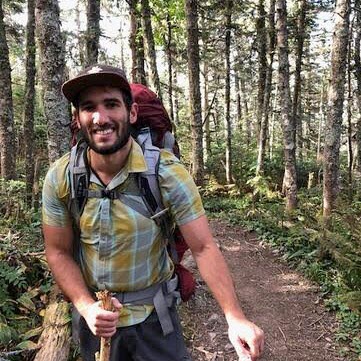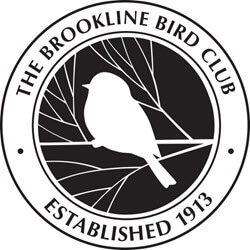Unless otherwise stated, BBC field trips and webinars are open to all participants and are free to attend. Most field trips do not need preregistration though all webinars do. While you do not need to be a club member to attend, we hope you will join us. See the Field Trip FAQ for answers to general questions. Contact leaders for more details about specific trips.


Webinar: The human dimensions behind bird biodiversity information
September 12, 2024 @ 7:00 pm - 8:30 pm
Historic segregation and inequality are critical to understanding modern environmental conditions. Race-based zoning policies, such as redlining in the United States during the 1930s, are associated with racial inequity and adverse multigenerational socioeconomic levels in income and education, and disparate environmental characteristics including tree canopy cover across urban neighborhoods. Recent work quantifying the association between redlining and bird biodiversity information reveals that historically redlined neighborhoods remain the most under-sampled urban areas for bird biodiversity today, potentially impacting conservation priorities and propagating urban environmental inequities across 195 cities in the United States. In fact, the disparity in sampling across redlined neighborhoods grades increased by approximately 40% over the past 20 years. The legal, social, and political consequences of such uneven distribution shaped by inequality and segregation will be discussed alongside ongoing initiatives for a more just sampling of biodiversity blending education, racial justice, science, and music.
Presenter Bio:
Diego Ellis Soto is a Uruguayan Ph.D. in Ecology currently working as a David H. Smith Conservation Research Fellow and Presidential Postdoctoral Fellow at the University of California, Berkeley. Working at the intersection of ecology, technology, policy, conservation, and environmental justice, he researches how animals move across the world under increasing human threats and a changing climate. In addition, he is increasingly interested in how our access to biodiversity data is shaped by our socioeconomic status and how past and present social inequalities amplify current disparities in environmental sciences. Diego is also a music producer, blending sounds from biological concepts and technologies with music theory by, for example, making eight termites jam together or installing microphones on an urban farm to make farm birds sing a song. Diego’s work has been covered by numerous news outlets, including The New York Times, Forbes, BBC, ABC News, the Spanish news outlet EFE and more.
Share This Story, Choose Your Platform!
ON A MOBILE DEVICE? SCROLL ALL THE WAY DOWN FOR MEETING PLACE DETAILS.
Please note, we follow all policies of field trip location property owners and co-sponsoring organizations. Some participants may choose to wear a face mask for health purposes. We support their right to do so.
We hope to see you out birding soon!
field trip / event categories
Birding 101 | Birding Boston | Conservation Series | Family Friendly | Limited Mobility | Pelagic | Meeting | Public Transportation

Leave A Comment
You must be logged in to post a comment.